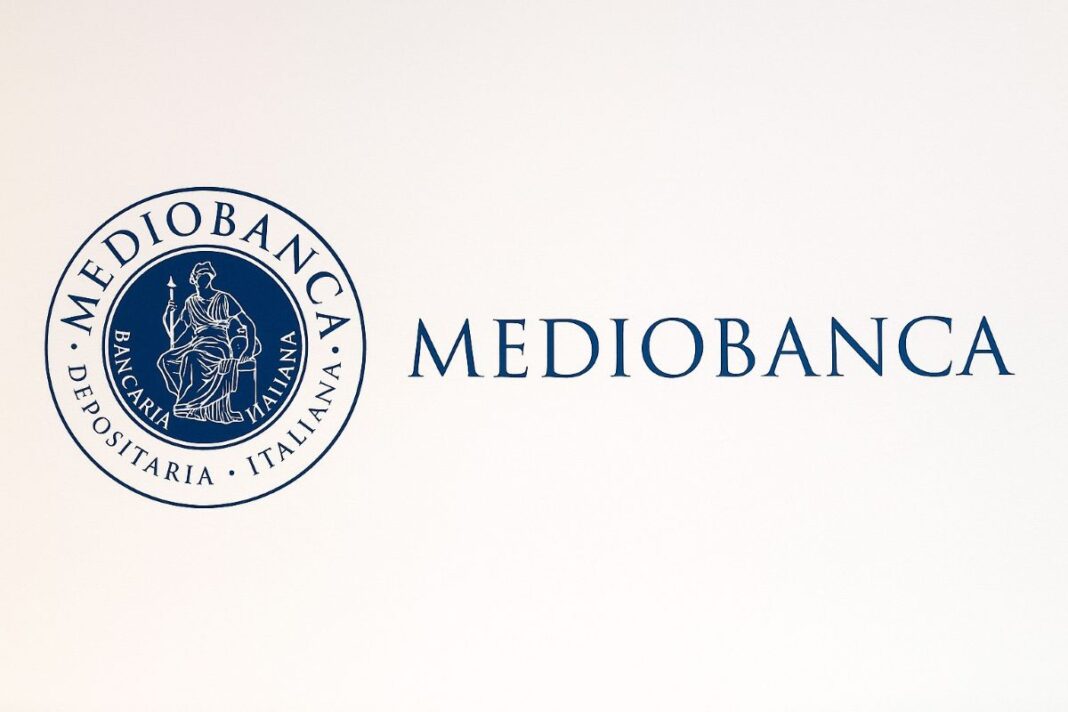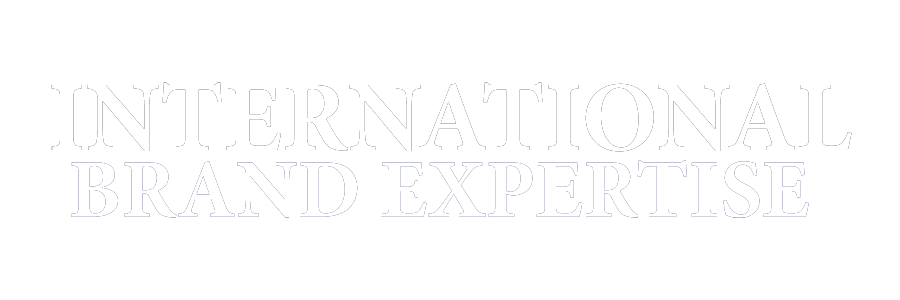It was announced that Italy’s prominent merchant bank, Mediobanca, had been granted approval by the European Central Bank to proceed with the acquisition of Banca Generali. This development was interpreted as a decisive move that could potentially reshape the country’s financial sector, as the transaction was expected to create Italy’s second-largest wealth manager. The approval was also viewed as a significant step in the bank’s efforts to resist a takeover attempt from Monte dei Paschi di Siena, one of Italy’s oldest and most closely watched state-backed banks.
It was explained that the ECB not only gave its consent for the purchase of Banca Generali but also permitted Mediobanca to acquire direct and indirect shareholdings amounting to more than 10 percent of the group’s consolidated own funds. This authorization was described as an important requirement under European banking regulations, which stipulate close supervision of substantial financial transactions and their potential impact on banking stability.
Attention was drawn to the fact that the ECB’s approval did not immediately finalize the acquisition but allowed Mediobanca to launch its formal offer if shareholder backing could be secured. The proposal was scheduled to be voted on during a shareholder meeting on August 21. It was recalled that the vote had originally been planned for June but was postponed when it became evident that sufficient support had not yet been gathered for the plan to succeed.
Meanwhile, the competitive landscape in Italian banking was being reshaped by broader consolidation trends. Monte dei Paschi di Siena, a bank that had been bailed out by the Italian state in 2017, was reported to be preparing its own bid to acquire Mediobanca. Rome, in its efforts to gradually reduce its dominant stake in Monte dei Paschi from 68 percent to below 12 percent, was said to have invited influential Italian business families, including the Del Vecchio and Caltagirone families, to take up substantial positions as shareholders. This change in ownership was interpreted as a move by the government to stabilize the bank’s shareholding structure and attract long-term investors.
It was further noted that Mediobanca’s leadership, under Chief Executive Alberto Nagel, had been seeking to strengthen the institution’s strategic position to resist the Monte dei Paschi bid. In April, Nagel had put forward the proposal for Mediobanca to acquire Banca Generali, which was majority-owned by Generali, the country’s largest insurer. Generali itself was partly controlled by key investors such as Mediobanca, along with the Del Vecchio and Caltagirone families, which created a complex network of overlapping interests and influence within Italy’s financial establishment.
According to Italian takeover regulations, shareholder approval was required for Mediobanca to proceed with the acquisition of Banca Generali. It was emphasized that the rules had been designed to protect market transparency and ensure that major corporate transactions were properly scrutinized by investors. The timing of the Banca Generali purchase was also seen as crucial, since any move to acquire the wealth manager could make the Monte dei Paschi takeover bid more expensive and less attractive.
Generali, holding a 50.2 percent stake in Banca Generali, had indicated earlier in the month that it remained open to continuing discussions regarding the proposal. The insurer’s willingness to negotiate was interpreted as a sign that the deal could be feasible, provided that terms were aligned with its strategic interests. Generali was expected to receive Mediobanca’s shares in exchange for its stake in Banca Generali, thereby reshaping ownership structures within the Italian financial system.
Observers highlighted that the approval by the ECB and the subsequent shareholder vote would mark a defining moment not only for Mediobanca but also for Italy’s broader banking sector. The potential acquisition was described as part of a larger wave of consolidation, driven by the need for stronger balance sheets, greater efficiencies, and competitive positioning in a market where margins were under pressure due to regulatory demands and changing economic conditions.
Market analysts suggested that the battle over Mediobanca underscored the interplay between state influence, private capital, and historical institutions that had long dominated Italian banking. The presence of powerful shareholder families and the government’s continuing role in shaping bank ownership were said to reflect both opportunities and risks for the sector. If Mediobanca’s acquisition of Banca Generali were to succeed, it was predicted that Italy would gain a wealth management giant with the scale and resources to compete more effectively at the European level.
At the same time, it was acknowledged that Monte dei Paschi’s ambitions could not be dismissed. The state-backed lender, despite its troubled past and reliance on bailouts, remained an influential player, and its attempt to integrate Mediobanca could result in significant restructuring within the sector. The final outcome of these competing strategies was regarded as uncertain, but the ECB’s green light was seen as giving Mediobanca a crucial advantage at a critical juncture.
Thus, the developments surrounding Mediobanca’s pursuit of Banca Generali were interpreted as a reflection of both consolidation pressures and strategic maneuvering in Italian banking. The coming weeks, culminating in the shareholder vote, were expected to determine whether Mediobanca would succeed in reshaping the balance of power in its favor or whether the competitive ambitions of Monte dei Paschi would ultimately prevail.












